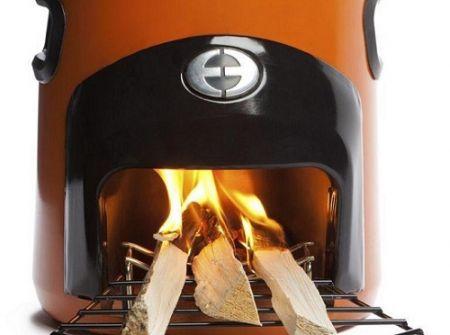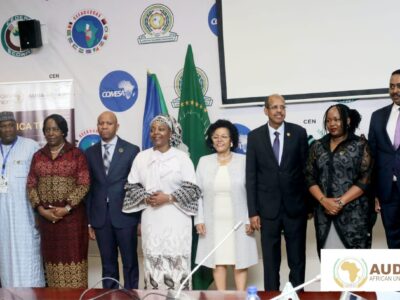
- Spark+ and Envirofit completed Ghana’s first carbon credit sale under Paris Agreement Article 6.2
- Credits from cleaner cookstoves will be bought by Switzerland via the KliK Foundation
- Backed by $6.85M, the project targets 120,000 stoves by 2026
Spark+ Africa Fund and Envirofit have completed Ghana’s first issuance and sale of transferable carbon credits for an improved cookstove project. This transaction, under Article 6.2 of the Paris Agreement, allows countries to exchange certified emission reductions to meet climate targets.
The new cookstoves, set for distribution to urban, peri-urban, and rural Ghanaian households, use less wood or charcoal. They also emit fewer toxic fumes, leading to lower carbon dioxide emissions. These savings are converted into carbon credits that Switzerland will purchase to contribute to its own climate commitments.
The transaction, announced Wednesday, July 16, is based on a bilateral agreement between Ghana and Switzerland. It also involves a fixed price purchase agreement signed with the KliK Foundation. Spark+ launched the project in 2024 with an initial investment of $4 million. Envirofit is implementing it. Following this milestone, Spark+ approved an additional $2.85 million. This funding will double the distribution capacity from 60,000 to 120,000 improved cookstoves by 2026.
“Envirofit is excited to have achieved this key milestone with our partners,” said Tim Bauer, CEO of Envirofit. He added the company’s business model offers high quality stoves to rural customers in Ghana at a subsidized cost. This generates significant employment while maximizing socio economic benefits and delivering a positive climate impact. Bauer stated, “This is truly what carbon finance is meant to enable.”
Roughly 900 million people in sub-Saharan Africa still lack access to clean cooking solutions. This exposes millions of households to health risks and increases pressure on forests. The World Bank’s Tracking SDG7 2025 report noted that in 2023, the number of people without access in the region continued to rise by 14 million. This occurred as population growth offset progress.
The model tested in Ghana demonstrates how a complex challenge can be turned into an opportunity. With the adoption of clean technologies like improved cookstoves, it is possible to reduce health and environmental impacts while generating transferable carbon credits.
Abdoullah Diop











Comments